Rosemary is one aromatic plant much loved, not only for its intense and characteristic scent, but also for its therapeutic properties and its multiple applications in the kitchen. Since its cultivationeven in pots, on balconies or terraces, is very widespread, it often happens that few expert people take care of it badly and in the end they ask themselves: “Why is my rosemary dying Always?” The answer is simple but not trivial: although growing it in pots could be an ideal solution for those who live in the city or for those who want to enjoy its benefits even if they live in small spaces, its cultivation requires constant attention and care. If the rosemary plant dies, therefore, it is because these treatments have been wrong.
In this article we will guide you through the main factors that can affect the health of rosemary in pots, providing you with practical and useful advice to keep your plant in perfect health.
The causes of death of potted rosemary
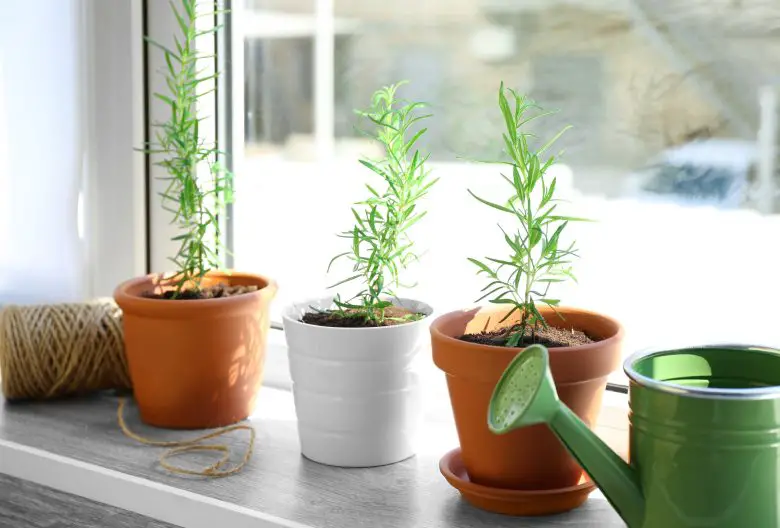
Potted rosemary can die for a variety of reasons, from poor drainage to incorrect watering, insufficient sun exposure, to inadequate temperature and humidity. Let’s explore together.
Death of rosemary from drainage problems
Rosemary requires well-drained soil to thrive. When grown in pots, drainage can become a problem if the soil is not porous enough or if the pot does not have enough drainage holes. In this case, the water can stagnate in the lower part of the pot, causing root rot and the death of the plant. To prevent the death of rosemary in pots, make sure the soil is porous enough and well drained. To improve drainage and reduce root rot, you can use sand or water expanded perlite mixed with the ground.
Dead rosemary from over watering
Rosemary is a plant that does not like excess water. Watering too frequently or with too much water can cause root rot and plant death. Also, watering above the leaves instead of at the base of the plant can increase the risk of fungal disease and leaf rot. To give water, therefore, it is good to proceed starting directly from the base of the plant, avoiding wetting the leaves, and making sure that the soil is dry before watering again. In case of heavy rains, check the soil to avoid waterlogging.
Rosemary dies due to lack of sunlight
Rosemary needs lots of sunlight to grow and thrive. When grown in pots, it may not get enough sunlight if the pot is placed in an area that does not get enough natural light. This can lead to weak growth, leaf loss, and in some cases, rosemary death. To avoid it, therefore, it is good to place the vase in an area that receives a lot of sunlight, preferably at least 6-8 hours a day. Also, make sure the pot is protected from drafts and excessively cold temperatures.
Death of rosemary due to wrong temperature and humidity
Rosemary grows best in hot, dry climates. If the temperature is too low or the air humidity too high, the plant may not be able to grow and thrive properly. As mentioned, therefore, make sure that the vase is positioned in an area with the right temperature and humidity. If the temperature is too low, it may be necessary to move the pot to a warmer area or use a protective cover in case of frost to avoid plant death. In case of high humidity, move the plant to a more ventilated area to improve air circulation.
Death of the rosemary plant due to pruning errors
There proper pruning of rosemary it can help keep the plant healthy and vital. Remove dead or damaged leaves and branches and trim the plant regularly to keep it in a healthy and compact shape. Pruning also helps prevent moisture buildup and root rot.
Nutritional decay of rosemary
Rosemary can benefit from a natural fertilizer to avoid its deterioration. A good fertilizer, in fact, can provide the plant with all the nutrients necessary for its growth. Use an organic fertilizer such asearthworm humus or the compost made at home to feed our small aromatic shrub, it can therefore be an effective solution when we decide to grow organically. In general, rosemary doesn’t require much nutrition, however a natural fertilizer can help keep the plant healthy and strong.

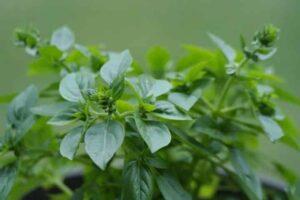
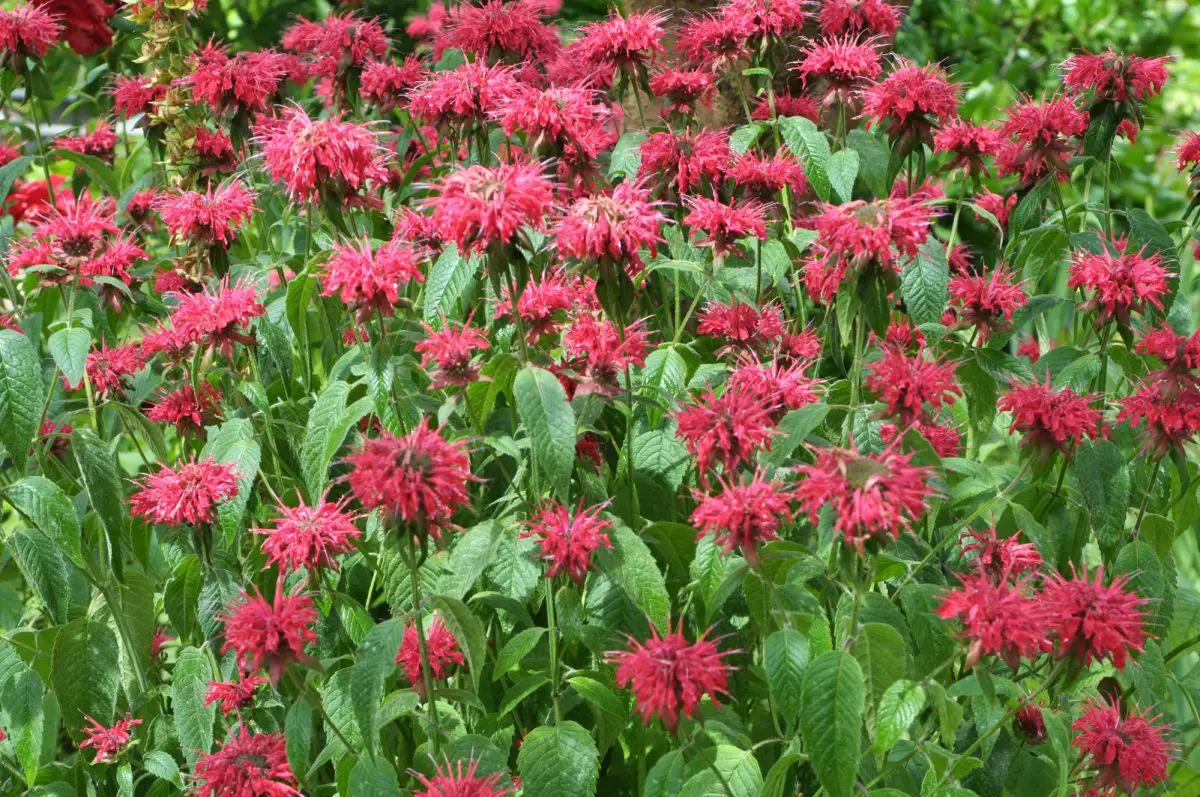
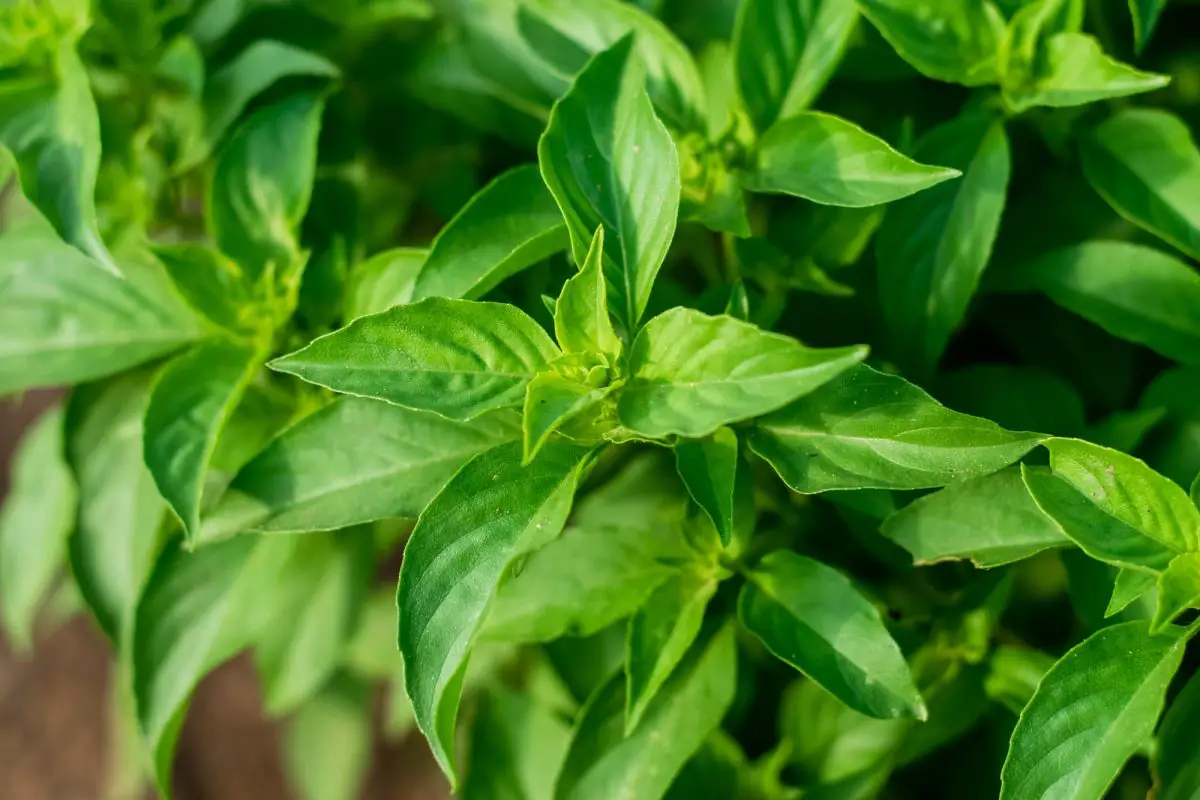
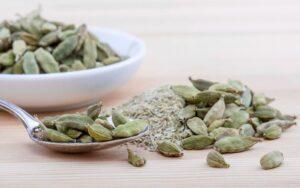
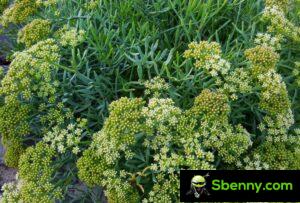
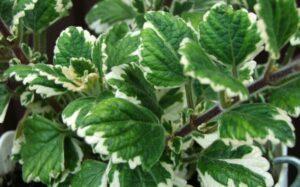
Start a new Thread